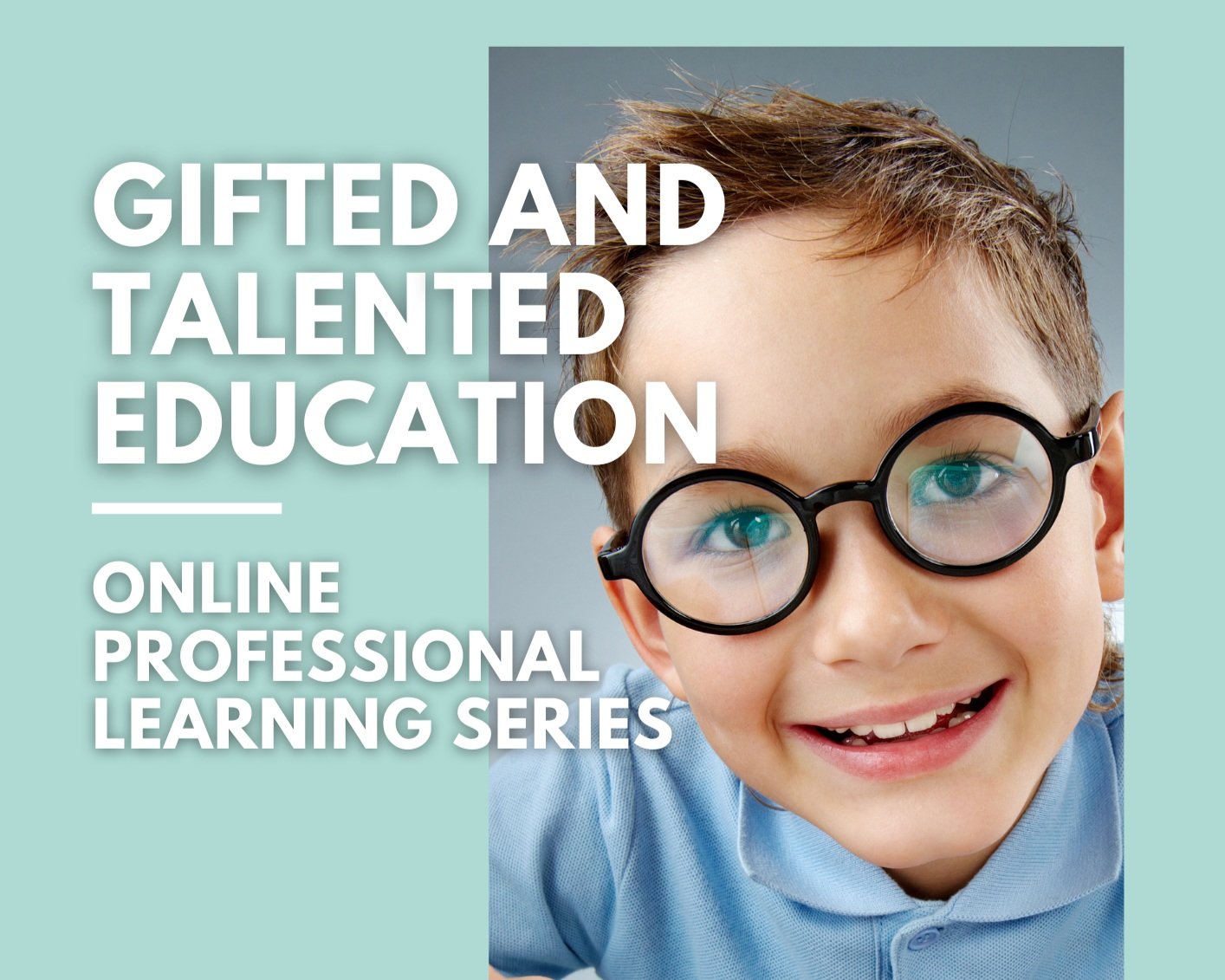Latest news…
Term 4, 2025
You made it!
It’s the end of another very busy school year and I see tired teacher faces at every school I visit. The marking and reports are almost done and the holidays are closing in fast. Thankyou to every teacher, school leader, EA, admin support and ancillary staff who have worked so hard during 2025. You have made more of a difference than you know to the lives of students. You have more than earned a break so please make sure you take time for you to rest and refresh.
What a year…
During 2026 Kylie visited almost 30 schools for professional learning, class observations and coaching and 9 of these were ongoing visits throughout the year. We ran x2 Gifted and Talented 2 day courses, x2 English Differentiation 2 day courses, x1 HASS Differentiation 2 day course, x1 Maths Differentiation 2 day course, x1 Leading Gifted Education 1 day course and x2 PART 2 day courses. We worked with schools in Perth, Geraldton, Albany, New South Wales and South Australia. We did over 50 online or telephone consults with schools, specialist coordinators, leadership teams and parents. We ran school-based professional learning on differentiation (for all learning areas and ages), gifted education, dyslexia, managing behaviour, using AI to differentiate, writing IEPs, assessment and rubric design, programming and classroom strategies. Phew! What an amazing, interesting, full-on, diverse, fulfilling year!
2026 Professional Learning - book now!
Go to our Events page to see everything that is on offer both in person and online this year. We are always happy to add course dates if there is demand, so if you see an event that you would love to host at your school, please contact us. This can be a public event for schools in your area, or just for your staff. Professional learning can also be adapted to suit your specific needs and school context, and we consider this our speciality, so always ask if your need specific support or professional learning.
GAT Teacher Training for Schools (2 day course) - 26 March & 30 April - hosted by Newman College
Differentiation in the HASS Classroom (2 day course) - 27 March & 23 June - hosted by St Hilda's Anglican School for Girls (Bay View Campus)
Differentiation in the Maths Classroom (2 day course) - 1 April & 2 April - Geraldton Grammar School
Differentiation in the English Classroom (2 day course) - 22 April & 19 May - hosted by Duncraig Senior High School
Differentiation in the Maths Classroom (2 day course) - 15 June & 27 July - hosted by Sacred Heart College
Differentiation in the Primary Classroom (2 day course) - TBC - hosted by TBC
Gifted and Talented Online Professional Learning Series - Start online modules at any time of the year. Complete the whole course or just one or two modules.
PART: Predict, Assess and Respond To Aggressive/Challenging Behaviours - This course is available on request at any time of the year. Available in 1, 2 or 3 day options or a 1/2 day refresher.
If you would like to host a course at your school, or talk to us about designing professional learning that is tailored to your needs, please contact us. We also offer classroom observations, and teacher and school leader coaching.
These courses can travel!
If you would like to host any of our courses at your school in a regional area, please contact us. We would love to bring a course to you, either as is, or courses and professional learning can be adapted for your specific context.
Thankyou, welcome and farewell. The Growing Up Greatness team.
Introducing Emma A warm welcome to our newest member of the Growing Up Greatness team, Emma Grabowski. Emma is taking over from Nicole Richardson as our Administration Assistant and has already introduced herself to many of you via email. Term 4 is always a hectic time as we plan all our course dates and venues for next year, so Emma’s learning curve has been fast and steep! Emma is already fitting in beautifully to the Growing Up Greatness team and will bring fresh eyes to our social media and online engagement.
Emma is an extroverted creative who loves a good book with a cup of peppermint tea, exploring the outdoors, and writing about digital media. Outside of Growing Up Greatness, you can find her riding her bike along the beautiful landscape that WA has to offer!
Farewell Nicole Our amazing Administration Assistant, Nicole is leaving to focus on her family and teaching career and she will certainly be missed. Nicole has been with the team for several years now and many of you will know her through emails as she has planned every event venue, catering, newsletter, school bookings and of course kept Kylie organised! Her eye for detail, brain for numbers, calm and meticulous planning and an incredible knack for creative problem-solving has been invaluable and has helped ensure Kylie can focus on supporting schools. We wish Nicole every success in her teaching career and future plans.
Thankyou to the whole team! Growing Up Greatness could not operate without Michelle Bishop who runs all of our PART and behaviour training, Brooke Tonev who runs the HASS Differentiation course, Yvette Brownlie who makes sure all of our flyers, promotional material and handouts look fabulous, Nicole Richardson who does all administration and has been training our newest member Emma Grabowski who has been working hard planning 2026 courses and learning the ropes during Term 4.
Stay in touch!
Remember to like the Growing Up Greatness Facebook page for updates, articles and inspiration, or connect with us through X, Instagram or LinkedIn and I hope to see you in person or online at one of our events in 2026.
Kylie Bice Director and Education Consultant Growing Up Greatness












